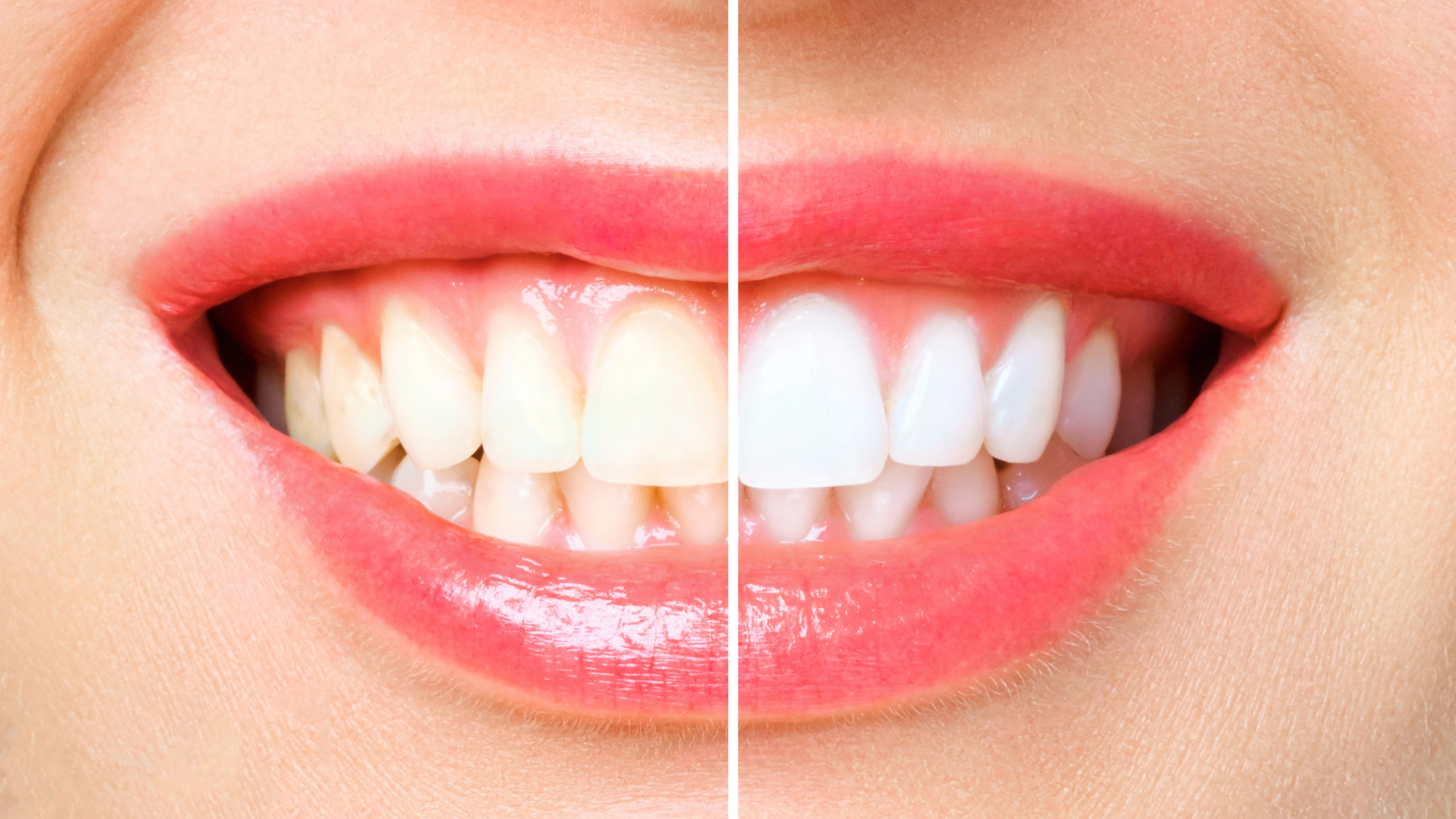Are Cavities Genetic?
Cavities are one of the most common dental issues worldwide, affecting millions of people. While poor oral hygiene and consuming sugary foods and drinks are often blamed, some wonder whether genetics might play a role in their susceptibility to developing cavities. At Mighty Molar in Kamloops, we aim to shed light on the connection between genetics and oral health.
Can Genetics Influence Cavities?
While cavities are not solely genetic, research indicates that genetics can influence the likelihood of developing them. Studies suggest that around 60% of the risk for cavities can be attributed to genetic factors, while the remaining 40% comes from environmental influences like diet and oral hygiene habits. These genetic influences are more about overall oral health rather than being directly related to cavities.
Genetic Factors That May Contribute:
- Tooth Shape and Alignment:
- Crowded or unevenly spaced teeth can make cleaning harder, leading to plaque buildup and cavities.
- Enamel Strength:
- Some individuals inherit weaker or thinner enamel, making their teeth more prone to decay.
- Saliva Production:
- Genetics can affect the amount and quality of saliva, which plays a crucial role in neutralizing acids and washing away food particles.
Environmental and Lifestyle Factors
Despite the role of genetics, your oral hygiene practices and lifestyle choices play a more significant role in preventing cavities. Here’s how you can take control:
- Practice Good Oral Hygiene:
- Brush twice a day with fluoride toothpaste and floss daily.
- Limit Sugary and Acidic Foods:
- Reduce your intake of candy, soda, and acidic beverages.
- Stay Hydrated:
- Drink plenty of water to support saliva production.
- Visit Your Dentist Regularly:
- Professional cleanings and exams can help catch and prevent issues early.
Other Factors That Increase Cavity Risk
Apart from genetics, other factors can heighten your risk for cavities, including:
- Age:
- Children and older adults are particularly susceptible.
- Hormonal Changes:
- Women may experience increased cavity risk during pregnancy or menopause.
- Medications:
- Certain medications, such as antihistamines and antidepressants, can cause dry mouth, increasing cavity risk.
The Bottom Line
While genetics may influence your susceptibility to cavities, they are not your destiny. By practicing good oral hygiene, making healthy lifestyle choices, and visiting the dentist regularly, you can significantly reduce your risk. At Mighty Molar, our team is here to support you every step of the way with personalized care tailored to your needs.
If you suspect you might have a cavity or want to take proactive steps toward better oral health, contact Mighty Molar in Kamloops today. Together, we can help you maintain a healthy, beautiful smile!











